 Free
Free
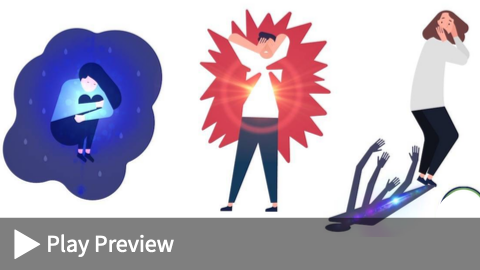
What You Get
- 1.5 hours of instruction
- Downloadable resources to extend the lessons and apply the strategies
- Certificate of Completion
Choose your account type
Size of the Problem
Math is not the only activity that requires problem solving; we’re constantly problem solving socially when communicating with others, working in groups, doing homework, self-regulating, etc. Along the way, we encounter problems of different sizes that can cause all sorts of emotions. We teach students to use their strategies for figuring out the size of the problems and ultimately match the size of the reaction to the size of the problem (note: this concept should be taught differently to different ages). For example, small problems usually result in small reactions or none at all—however, this often requires emotional regulation—and that is easier said than done! In fact, some of us can get stuck focusing on negative emotions instead of solving the problem—which can cause even more problems. Join Michelle Garcia Winner as she cracks open problem solving and emotional responses and shares developmentally based strategies to help individuals navigate it all. Plus, discover which Social Thinking materials will help you teach social problem solving across the ages!
After watching this webinar, infuse your teaching with these lessons over the next month to help your students understand them deeply and meaningfully (avoid memorization). Then, tune in to our final webinar in the 10 Concepts series for best practices to teach sharing an imagination!
The 10 Concepts Webinar Series
This webinar is part of a series that shares best practices for teaching 10 core concepts from the Social Thinking Methodology. Strengthen your students’ social-emotional learning by infusing your teaching with these concepts over the course of the school year. Each concept should be taught slowly for one month or longer—it takes time for students to deeply understand the ideas and begin using them in their lives. We recommend learning about (and teaching) the concepts in order as they build on one another. View all the webinars in the 10 Concepts series within our larger webinar library.
Download the webinar presentation handouts
After you've watched the webinar, you may download the Certificate of Completion for your records.
Here are a few tricks to try that have been helpful in solving webinar-related tech problems:
Firefox or Chrome Browser: Unfortunately some Safari and IE browsers do not support HTML5, which is the technology that is used to stream our live webinars. If you are on a Windows platform and use an IE browser, please make sure it is IE11. Click here to run a test to ensure your browser supports HTML5.
Enable Your Browser Cookies: When you register for this webinar we rely on your browser cookies to give you immediate access to the webinar content. This includes immediate access, every time you visit this web page (including if you want to come back and see the recorded version). Please rest assured that we will never use or share your browser information. Click here to see how to enable cookies on various browsers.
Optimized Bandwidth Speed: Given that this webinar is broadcast in live high definition, the more powerful your bandwidth and internet connection are, the better. If for whatever reason, you experience a "freeze" during the broadcast, try reducing the "bit rate" within the webinar player. In the bottom right corner of the webinar player you will see text that reads "HD" - click on this icon and then choose a reduced bitrate of "auto" or "240."
Open Firewall Ports: If you are viewing from your office or school network, you may experience firewall issues that prevent our live webinar stream from displaying. Click here to learn more about opening your firewall ports.
Try Watching on Another Device: You may have more luck watching the webinar on a different computer, smart phone, or tablet!
Still having trouble? Contact us at (408) 557-8595 or info@socialthinking.com.
After you've watched the webinar, you may download the Certificate of Completion for your records. Our webinars are not pre-approved for credit by continuing education organizations.
Tell us something good!
There was a problem adding this comment. Plaease try later.
What People are Saying
”
Maurio Burrell, ECTA
I thought this was a very thorough process & very good info. Would like to know more about 'de-esculating' the emotion to match the problem!You might also be interested in these related online training courses
Online Training Courses
Related Products
Related Online Courses

Strategies for Kids : Brain Boss & Flex Camp: The Detective & Dragon Series
Instructors: Nancy Clements Pamela Crooke
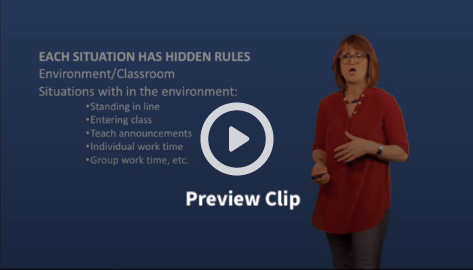
Why Teaching Social Competencies Goes Beyond Social Skills Training
Instructor: Michelle Garcia Winner







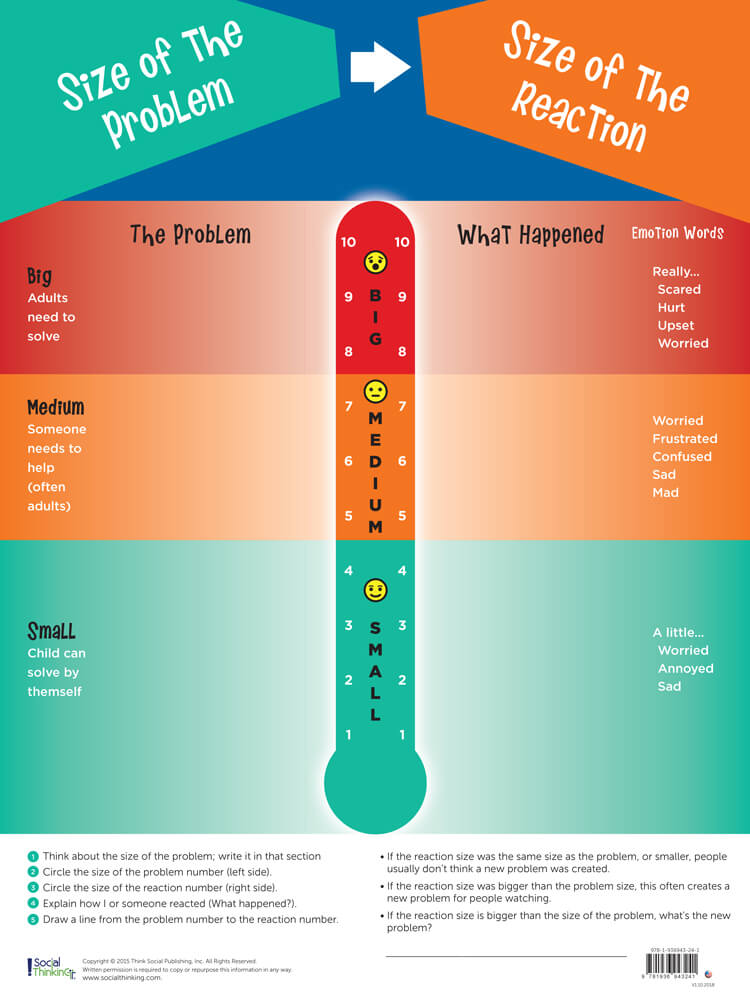

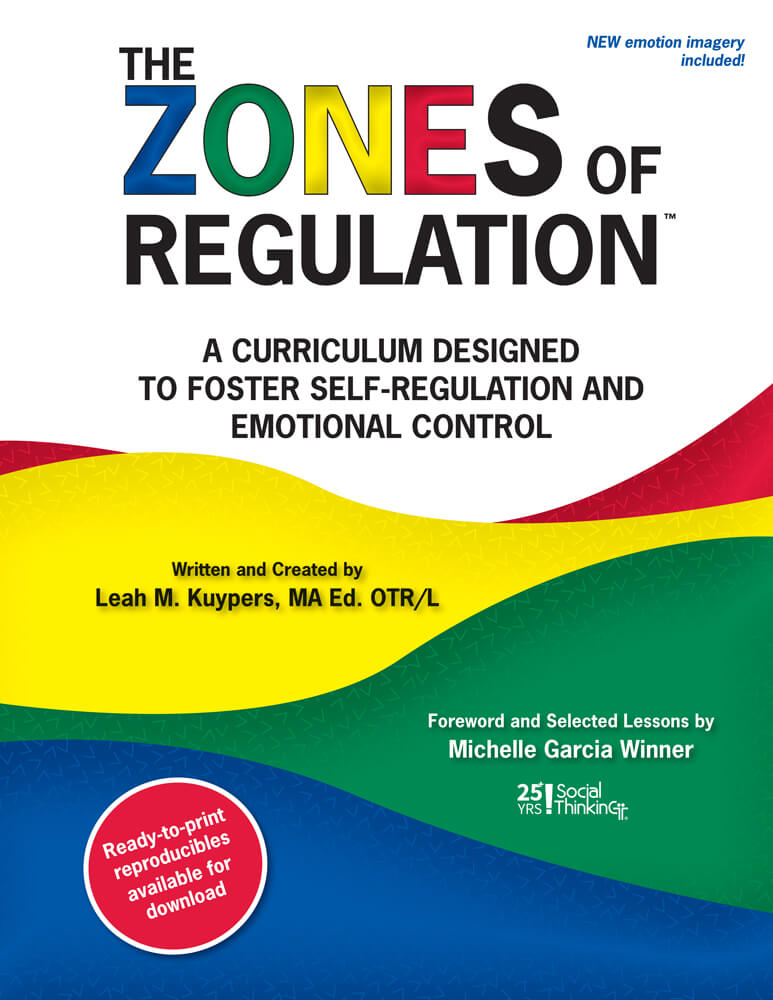
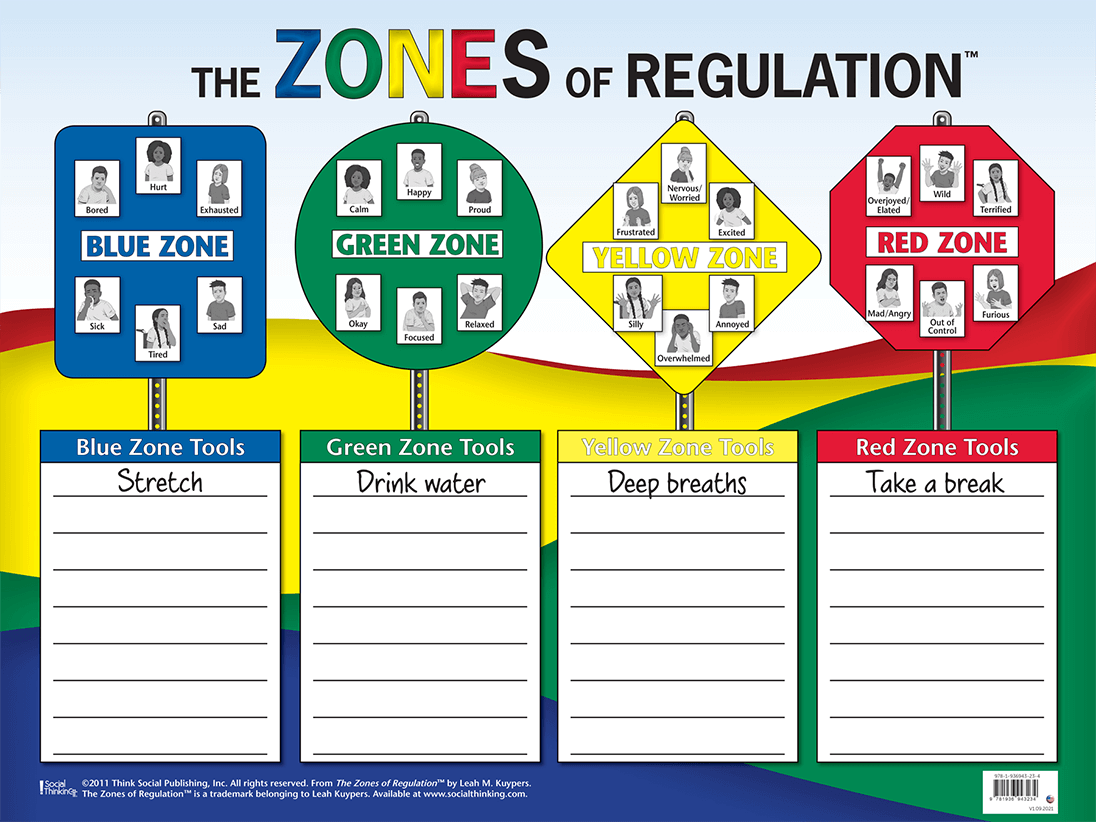
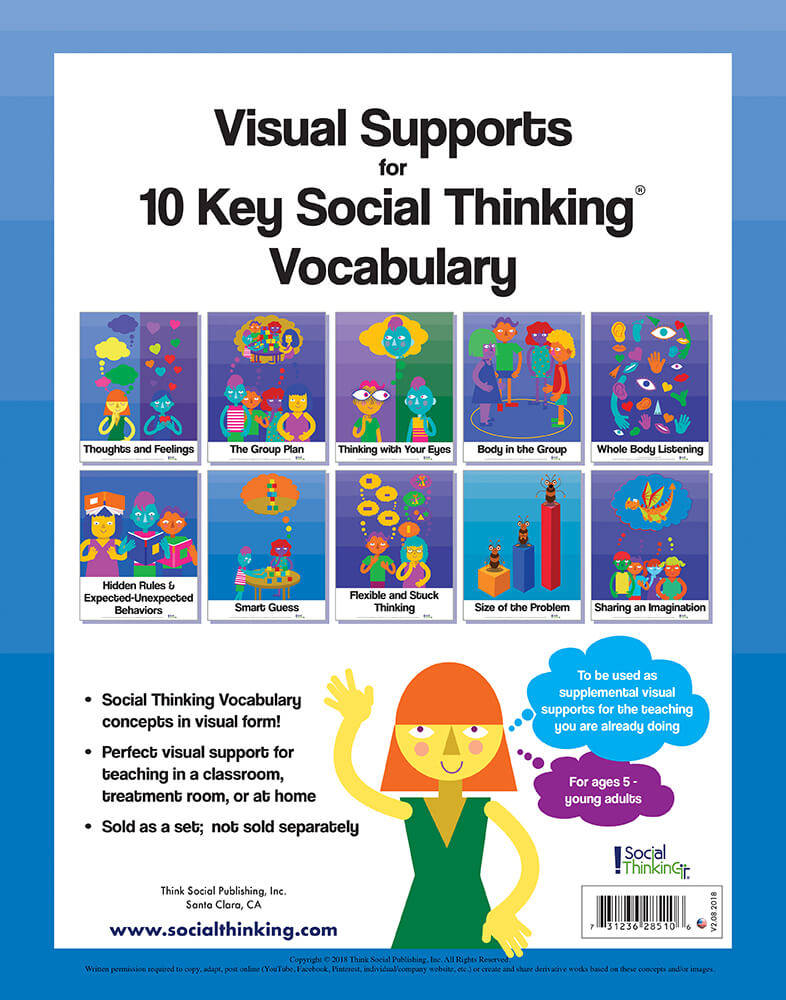
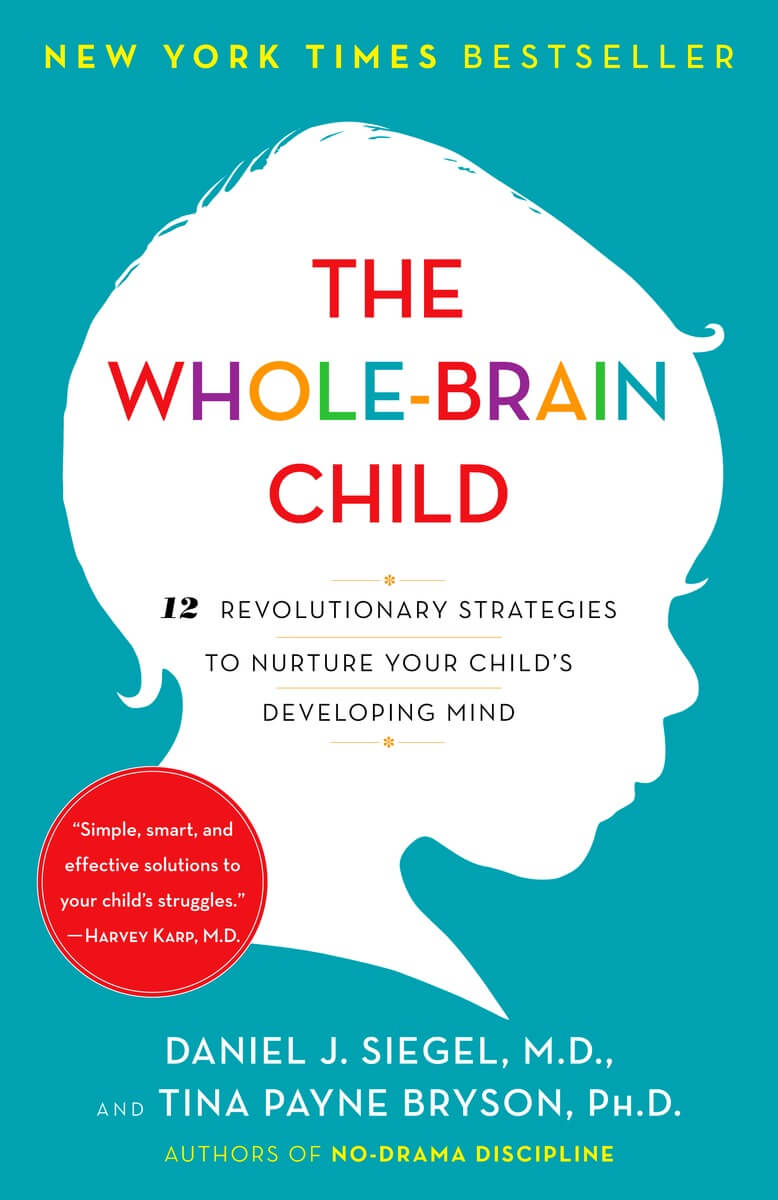

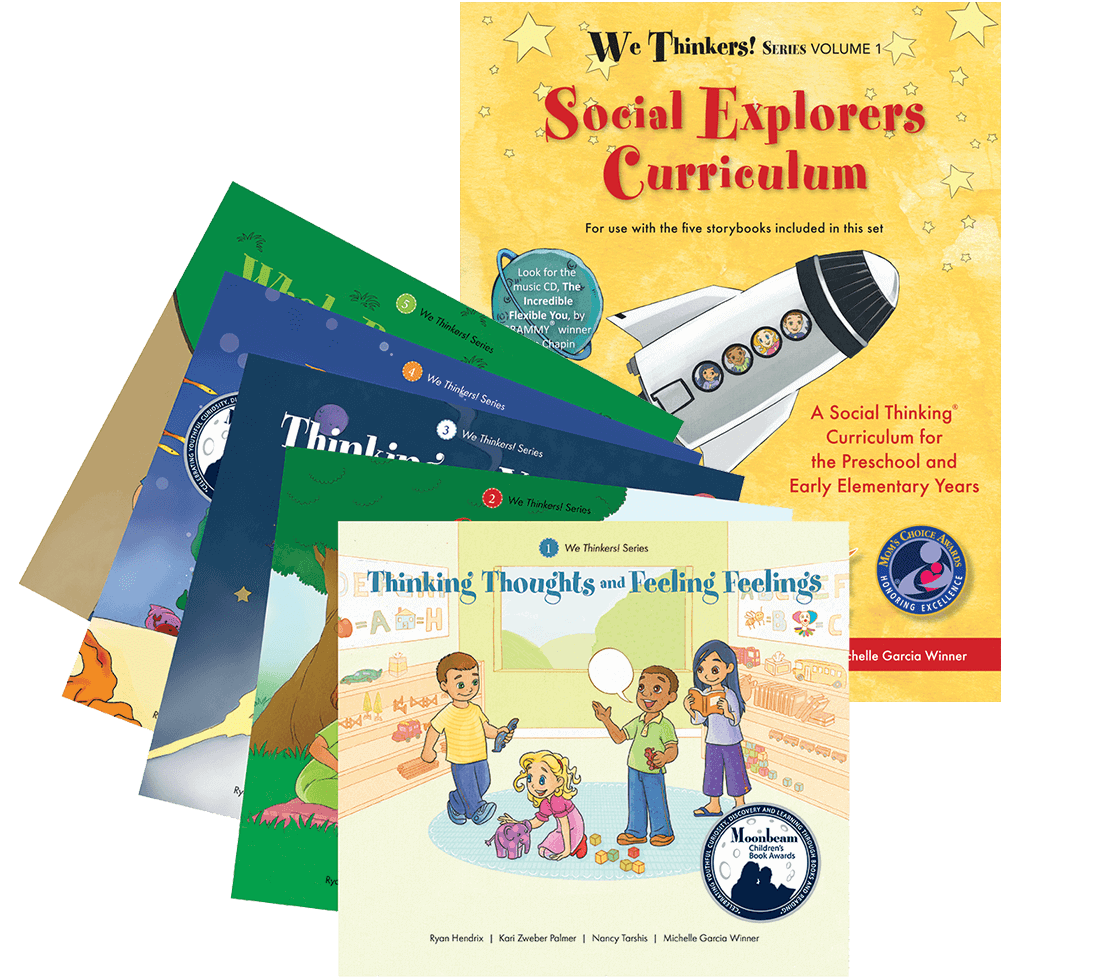

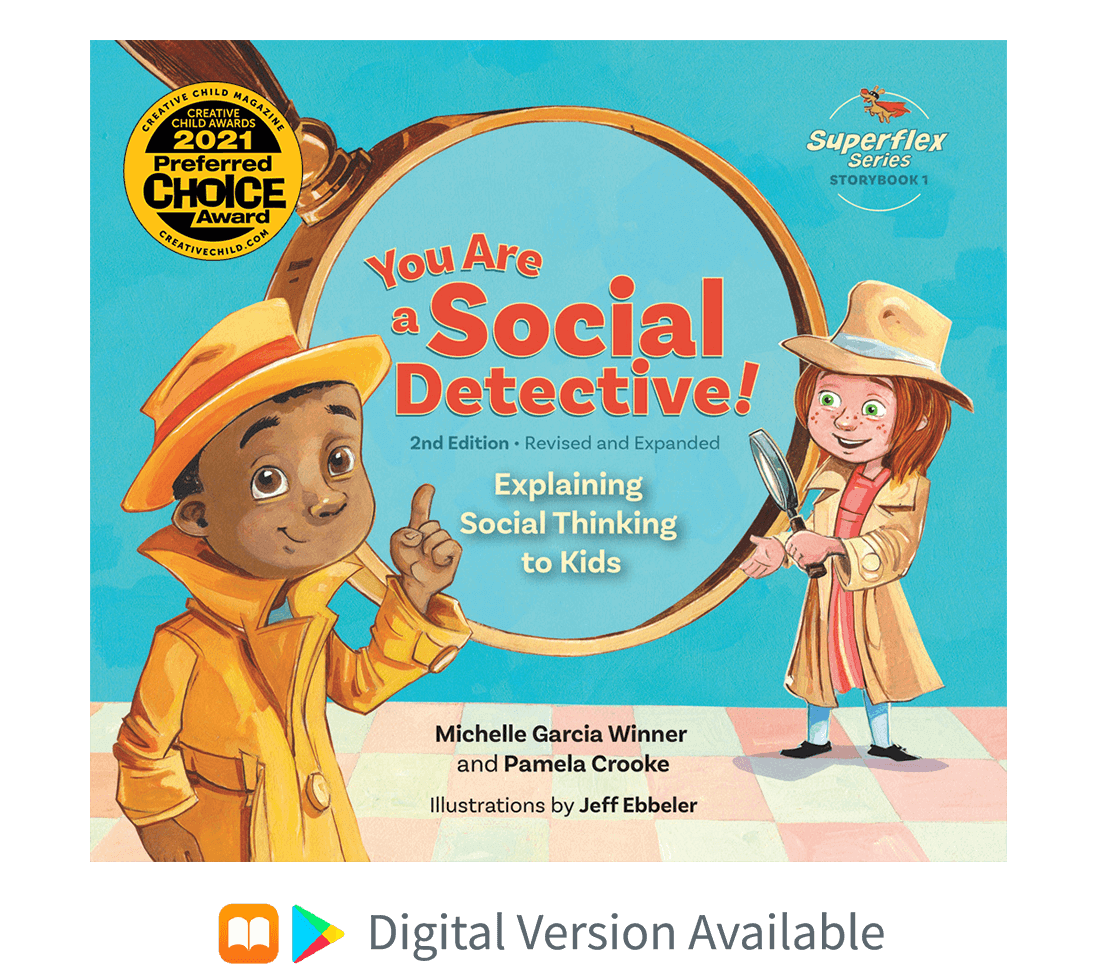

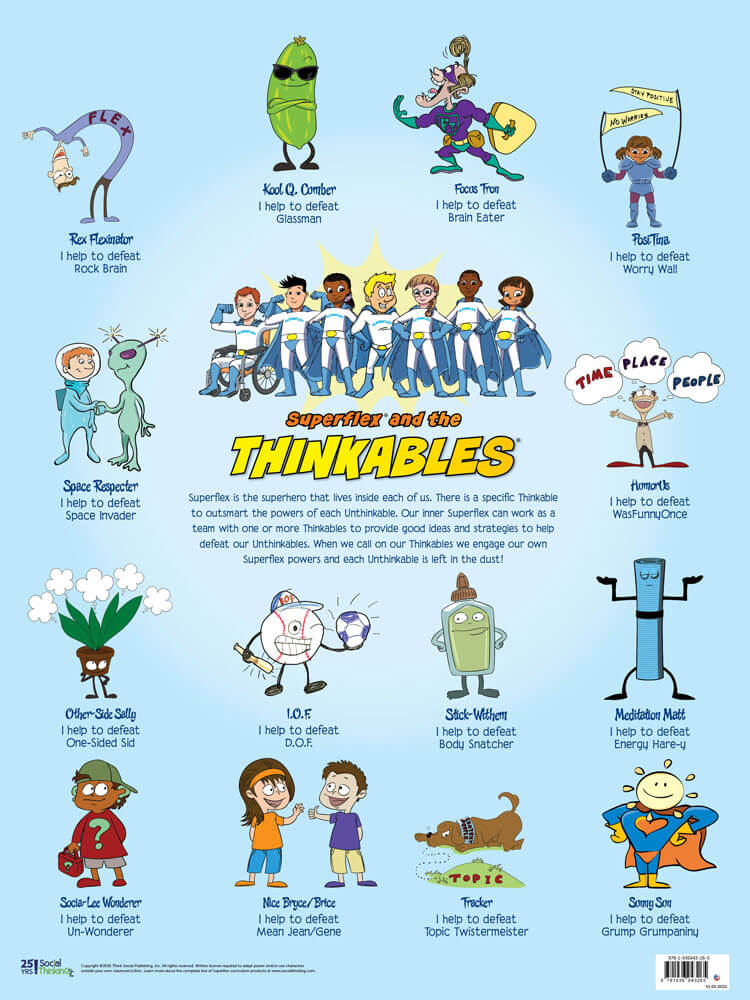
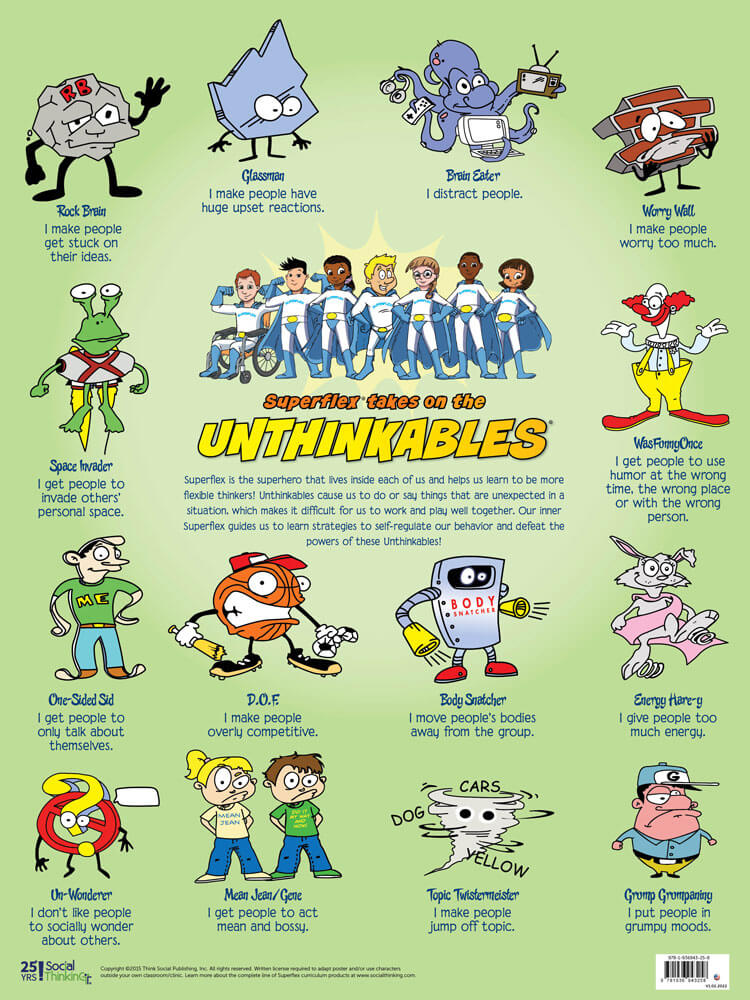


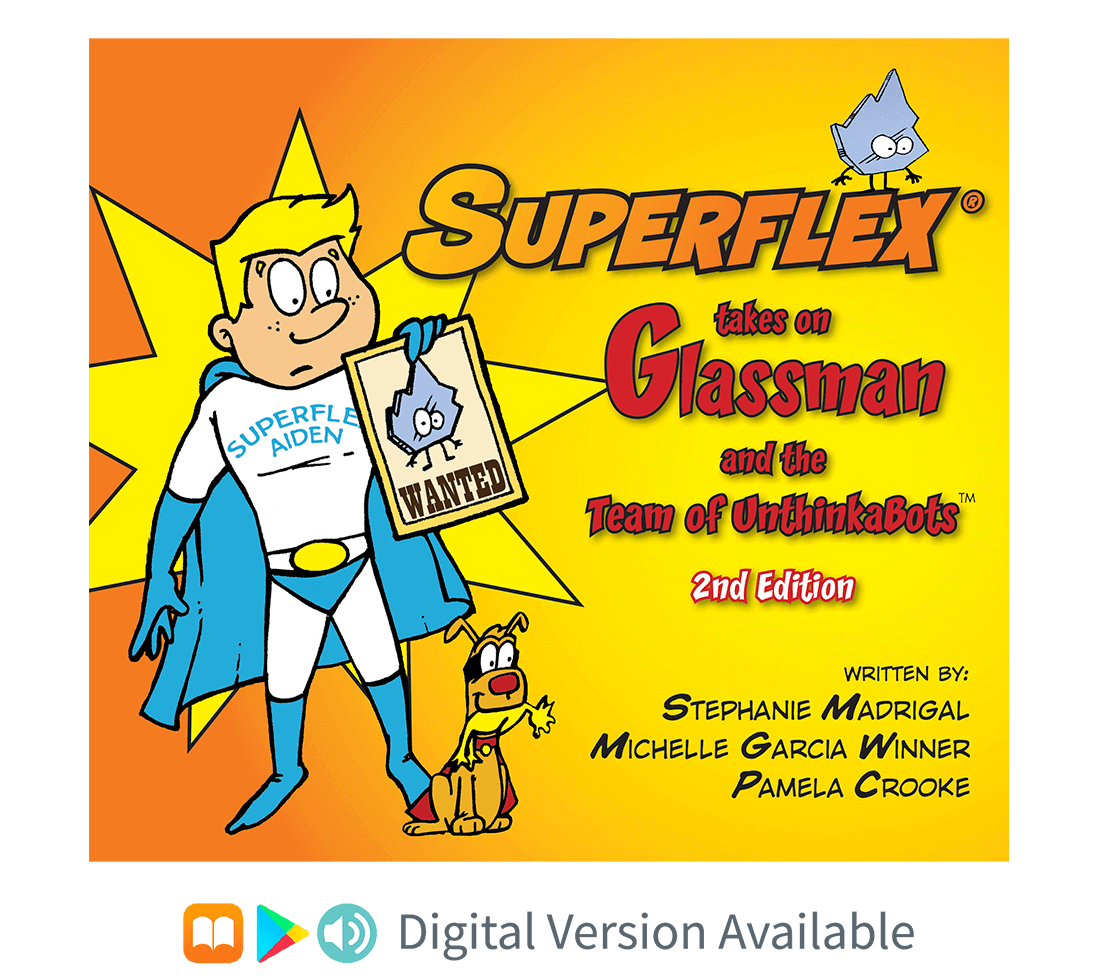


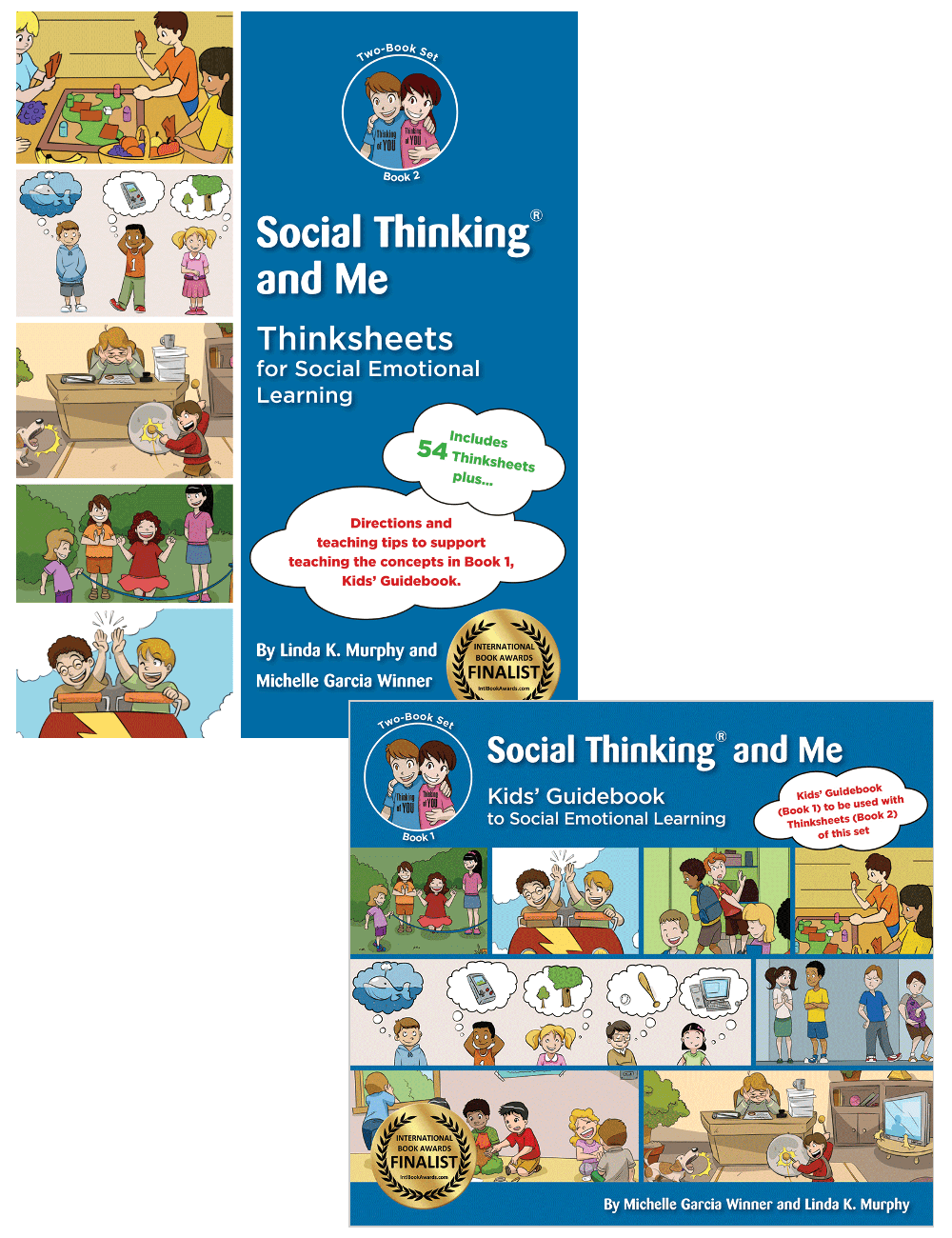

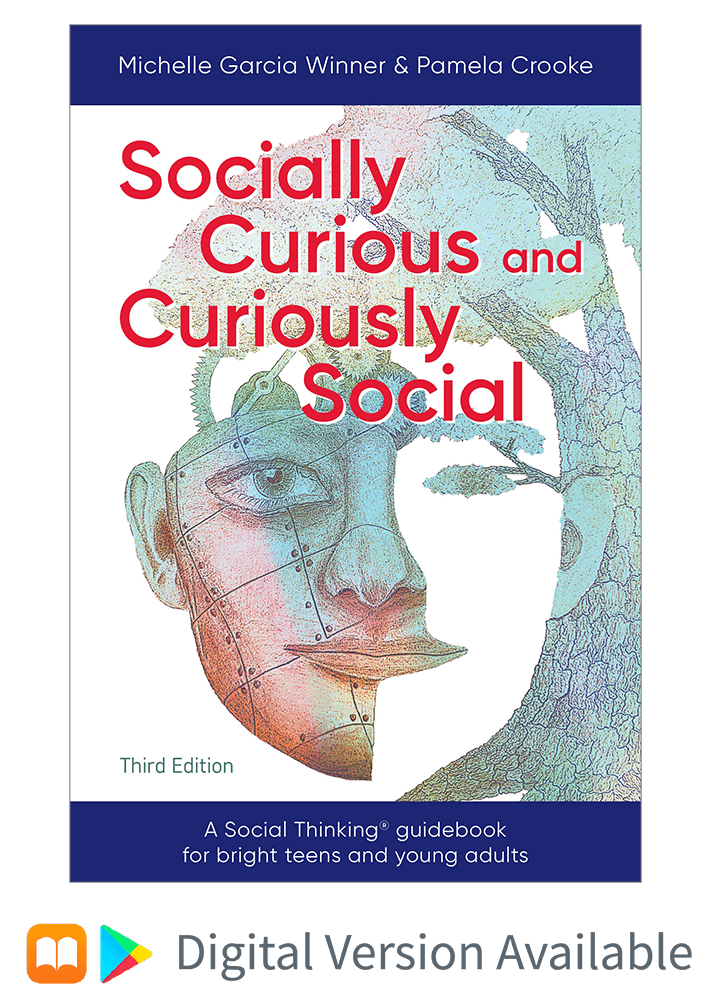



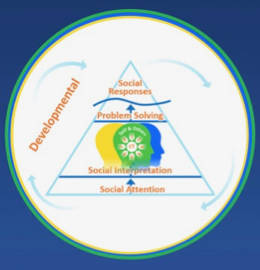
Tell us something good!
There was a problem adding this comment. Plaease try later.
Please log in